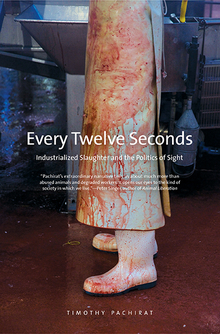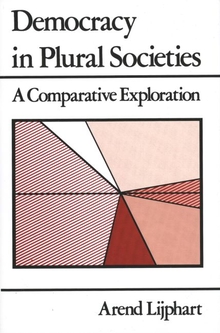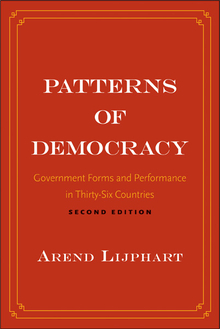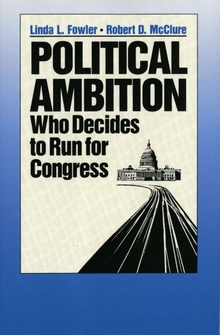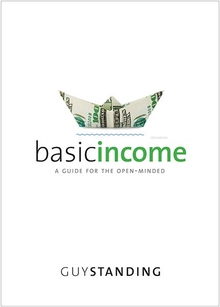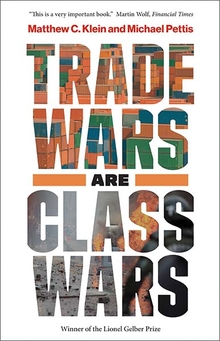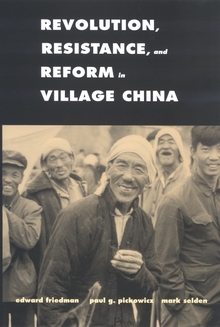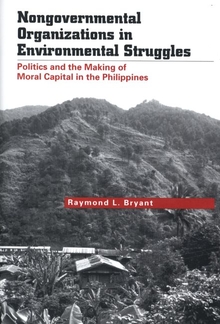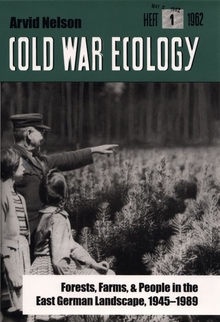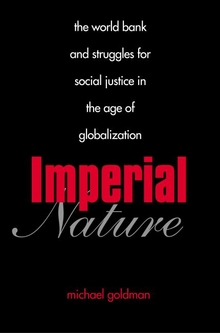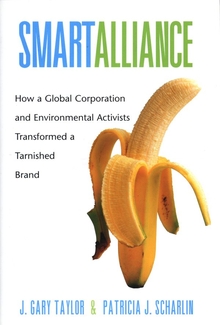Every Twelve Seconds
WARNING
You are viewing an older version of the Yalebooks website. Please visit out new website with more updated information and a better user experience: https://www.yalebooks.com
Industrialized Slaughter and the Politics of Sight
Timothy Pachirat
A political scientist goes undercover in a modern industrial slaughterhouse for this twenty-first-century update of Upton Sinclair’s The Jungle
This is an account of industrialized killing from a participant’s point of view. The author, political scientist Timothy Pachirat, was employed undercover for five months in a Great Plains slaughterhouse where 2,500 cattle were killed per day—one every twelve seconds. Working in the cooler as a liver hanger, in the chutes as a cattle driver, and on the kill floor as a food-safety quality-control worker, Pachirat experienced firsthand the realities of the work of killing in modern society. He uses those experiences to explore not only the slaughter industry but also how, as a society, we facilitate violent labor and hide away that which is too repugnant to contemplate.
Through his vivid narrative and ethnographic approach, Pachirat brings to life massive, routine killing from the perspective of those who take part in it. He shows how surveillance and sequestration operate within the slaughterhouse and in its interactions with the community at large. He also considers how society is organized to distance and hide uncomfortable realities from view. With much to say about issues ranging from the sociology of violence and modern food production to animal rights and welfare, Every Twelve Seconds is an important and disturbing work.
"From June to December 2004, Pachirat (politics, New Sch.) worked at a cattle slaughterhouse in Nebraska. During his tenure, he worked in three distinct areas: in the cooler as a liver hanger, on the killing floor herding cattle to the knocking box, and in quality control. Through these disparate positions, he gained a thorough understanding of the formal and informal rules that govern American slaughterhouses. His conclusions are grim—bureaucracy and ineptitude combine in a way that does not bode favorably for food safety. He argues that industrialized slaughter is a hidden world tolerable only because it is invisible to most. Repugnant tasks like the ones associated with processing cattle should be more transparent and would perhaps be duly transformed as a result. Complete with meticulous diagrams showing each worker's position in the slaughterhouse, descriptions of each worker's job duties, and an appendix detailing cattle body parts and their uses, this compelling documentary work illuminates in great detail the workings of an industrial slaughterhouse. VERDICT For anyone curious about the origin of beef in America or those interested in the politics of concealment."—Diana Hartle, Univ. of Georgia Lib., Athens, Library Journal
Publication Date: March 29, 2013
10 b/w illus.

